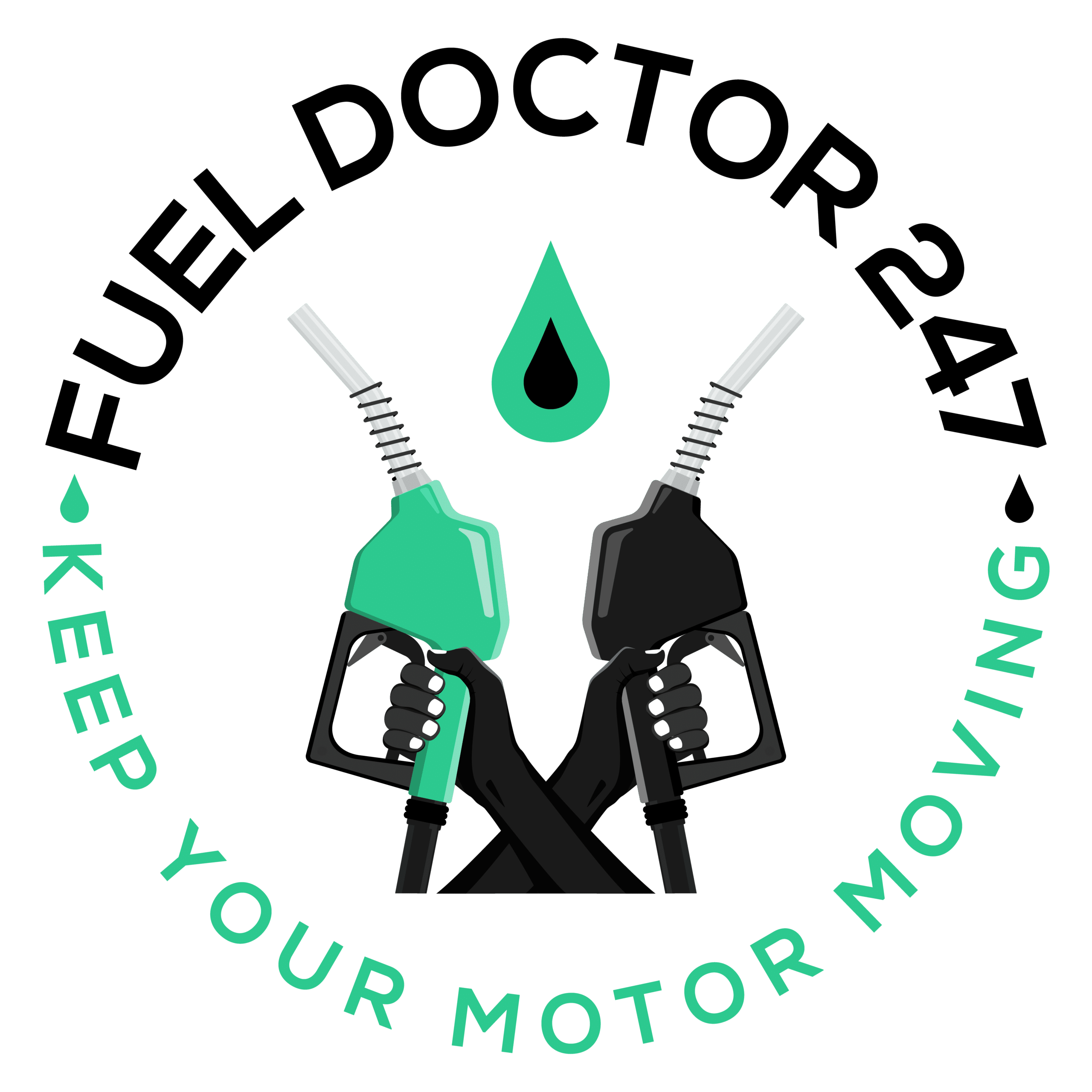
In this comprehensive article, we delve into the significant implications of adding 20 litres of petrol in a diesel car, a common mishap in the UK, and highlight the importance of professional draining services. Understanding the consequences and solutions to this problem is crucial for vehicle owners and service providers alike.
Understanding the Effects of 20 Litres of Petrol in Diesel Car
The Chemical Reaction
Mixing petrol with diesel creates a solvent effect, significantly reducing lubrication in diesel engines. This lack of lubrication leads to metal-to-metal contact within the engine, causing severe damage over time.
Combustion Differences
Petrol and diesel combust at different temperatures. Petrol ignites at -40 degrees Celsius, much lower than diesel’s 52 degrees Celsius. Consequently, using petrol in a diesel engine leads to improper combustion and much unburned fuel. This results in excessive black smoke emissions from the exhaust.
Increased Friction and Damage
Petrol increases friction between parts in a diesel engine due to its nature as a solvent, unlike diesel, which acts as a lubricant. The more petrol passes through a diesel engine, the greater the damage, potentially leading to the need for new fuel pumps and other expensive repairs.
Risks to the Fuel System
Even a tiny amount of petrol in a diesel engine can cause significant damage to the entire fuel system. Diesel engines and their fuel systems are made of materials incompatible with petrol, leading to costly repairs.
The Role of Draining Services in the UK
Quick and Efficient Recovery
UK-based companies specializing in draining services offer rapid responses to such incidents. They provide 24-hour mobile fuel drain services, ensuring help is available anytime, anywhere in the UK.
Safe and Environmentally Friendly Solutions
These services not only help drain incorrect fuel but also ensure that it is done in a safe and environmentally friendly manner. They dispose of the contaminated fuel responsibly, preventing any environmental hazards.
Cost-Effective and Convenient
Offering competitive prices, these services provide an affordable solution to the potentially expensive mistake of adding 20 litres of petrol to a diesel car. Their mobile nature means they can reach customers wherever they are, saving time and additional costs.
Conclusion
Adding 20 litres of petrol in diesel cars is a mistake that can have severe implications for the engine and overall performance. The role of professional draining services in the UK is invaluable in addressing this issue promptly and effectively. They save the car from potential damage and ensure the process is handled safely and responsibly.
FAQs
Q1. How much petrol is OK in a diesel car?
It is generally recommended to avoid putting any petrol in a diesel car, even a tiny amount. While some sources may suggest a small percentage (around 5%) is safe, it’s best to play it safe and avoid any potential damage to your engine.
Here’s why:
- Petrol has a lower cetane rating than diesel. This means it ignites more efficiently, which can lead to knocking and engine damage.
- Petrol is less oily than diesel. This can lead to lubrication problems and wear and tear on your engine’s components.
- Petrol can damage the fuel system. This includes the fuel pump, injectors, and fuel lines.
If you accidentally put petrol in your diesel car, it’s important to stop driving immediately and call a tow truck. Please do not attempt to start the car or go it any further, as this could cause severe damage.
Q2. What happens if you put 20 litres of petrol in a diesel car?
Putting 20 litres of petrol in a diesel car is a grave mistake and can cause significant damage to your engine. It can even total your car.
Here are some of the potential consequences of putting 20 litres of petrol in a diesel car:
- Engine failure is the most likely outcome, as the petrol will damage the engine’s internal components.
- Fuel system damage: The petrol can damage the fuel pump, injectors, and fuel lines.
- Seized engine: In some cases, the engine may seize up completely.
- Fire: In rare cases, the petrol can cause the engine to catch fire.
If you accidentally put 20 litres of petrol in your diesel car, it’s important to stop driving immediately and call a tow truck. Do not attempt to start or drive the car any further, as this could cause serious damage.
Q3. What happens if you put 10 litres of petrol in a diesel car?
Putting 10 litres of petrol in a diesel car is not as severe as putting 20 litres, but it can still cause damage. The severity of the damage will depend on the size of your fuel tank and how much diesel was already in it.
Here are some of the potential consequences of putting 10 litres of petrol in a diesel car:
- Knocking: This is a loud pinging or rattling sound from the engine.
- Loss of power: The engine may not run as smoothly or efficiently as before.
- Increased fuel consumption: The engine may use more fuel than usual.
- Smoke: The engine may emit black smoke from the exhaust.
If you accidentally put 10 litres of petrol in your diesel car, it’s important to stop driving immediately and call a tow truck. Please do not attempt to start the vehicle or go it any further, as this could cause serious damage.
Q4. How much does 20 litres of diesel weigh?
20 litres of diesel weighs approximately 16.64 kilograms.
Here’s the calculation:
- Density of diesel = 0.832 kg/L
- Weight of 20 litres = 0.832 kg/L * 20 L = 16.64 kg
Therefore, 20 litres of diesel weighs approximately 16.64 kilograms.








No comment yet, add your voice below!